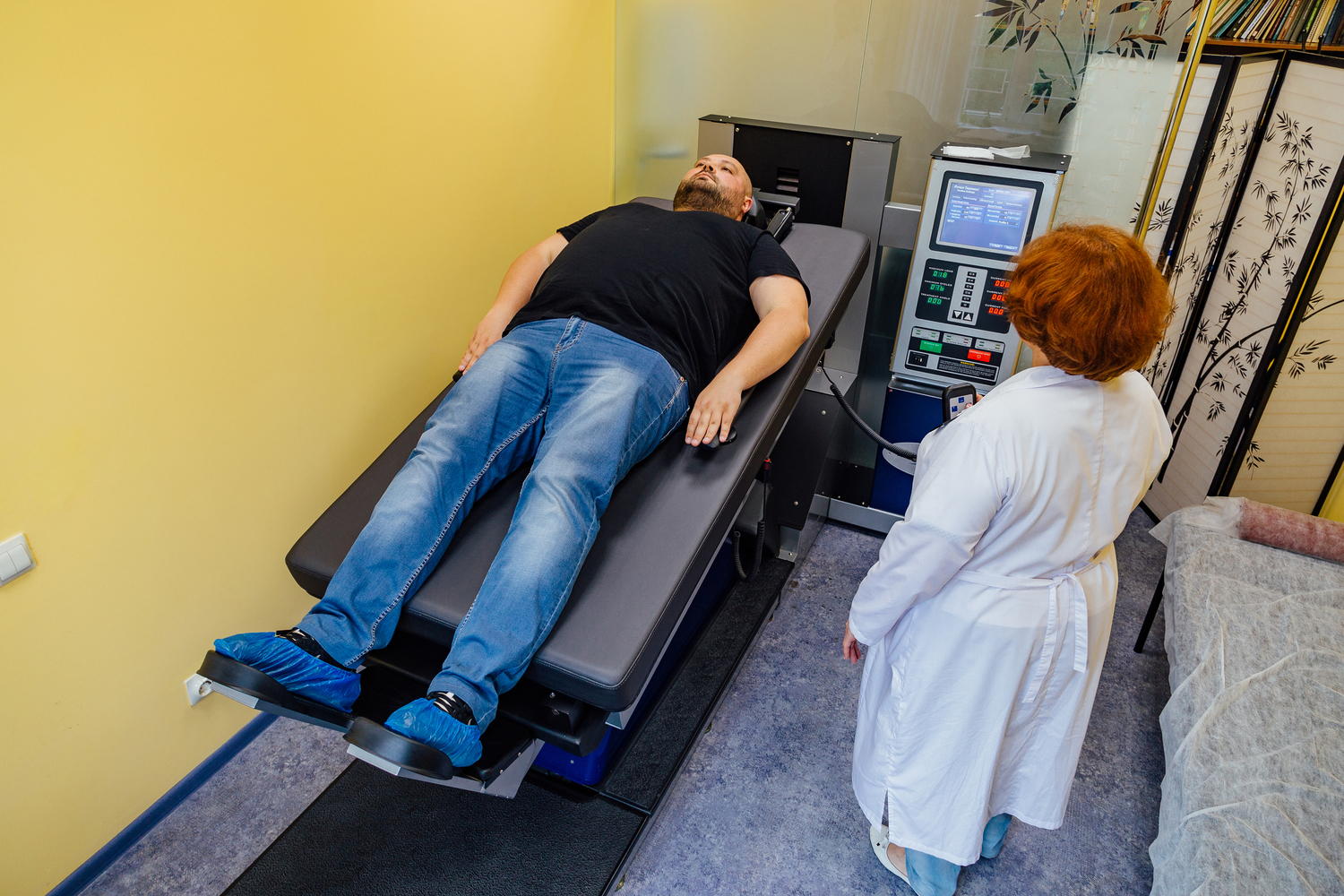When Should You Get Bulging Disc Treatment
When should you get bulging disc treatment
Any injury to your spine, apart from being painful, may even have a drastic effect on your lifestyle. It may severely affect the way you stand, the way you sit, and needless to say, it certainly hampers your overall body strength. If you are contemplating a treatment, you should first try and get a fair idea of what kind of injury it is that you are going through.
What is the difference between a bulging disc and a herniated disc?
In both the cases, the disc protrudes out or swells. In other words, the disc exceeds the confines of the vertebra.

- In case of a bulging disc, only some part of the disc is affected, mainly the tough outer layer of the cartilage.
- In case of a herniated disc, the crack affects the outer layer in such a manner that some of the inner soft cartilage also protrudes out.
- Bulging disc may or may not be painful, but a herniated disc is an extremely painful problem.
How long does a bulging disc and its pain last?
- When compared to many other disc injuries, the pain goes away faster.
- More specifically, it takes about six weeks for the recovery to happen.
When should I consider a surgery?
Sometimes the symptoms prolong for a long time, leading to several other problems. Following are the instances when a bulging disc treatment should involve surgery:
- If your pain is not going away using conservative approaches like stretches, exercises, or massages, check with your doctor to see if you should opt for a surgery.
- If symptoms last for than six months, then it’s time that a doctor looks at the problem.
What do I need to avoid if I have a bulging disc?
Before you go and see a doctor for a bulging disc treatment, you may want to try some measures so as to not aggravate the problem and keep the pain under control. Here are a few pointers that you should keep in mind if you have a bulging disc or even have a possibility of the same:
- Avoid standing or sitting for a longer duration of time.
- Don’t sit at a place that may put an adverse effect on your lower back. For example, you should avoid sitting in soft chairs.
- Avoid heat rubs at least in the first 48-72 hours since you have felt the injury.
- Poor posture is one of the prime causes of a bulging disc. So, make a conscious effort to be in the right posture.
- Last but not least, take as much rest as possible because this helps in recovering at the earliest.
Why is it important to treat a bulging disc on time?
- To avoid the pain and probable damage that a bulging disc may cause, it’s very important to go for a timely treatment.
- Protrusion of intervertebral discs may be a cause of worry because of the impending disastrous effects it may have on your back. So, whether it is the case of a spinal disc herniation or a less severe bulging disc, a bulging disc treatment should be taken at the right time.
Some of the most adverse effects of a bulging disc which may occur if it is left untreated are as follows:
- You may be at a very critical risk of damaging your nerves permanently.
- Complications like saddle anesthesia may arise where you may lose sensation at the back of your legs, in your inner thighs, and around the rectum area.

